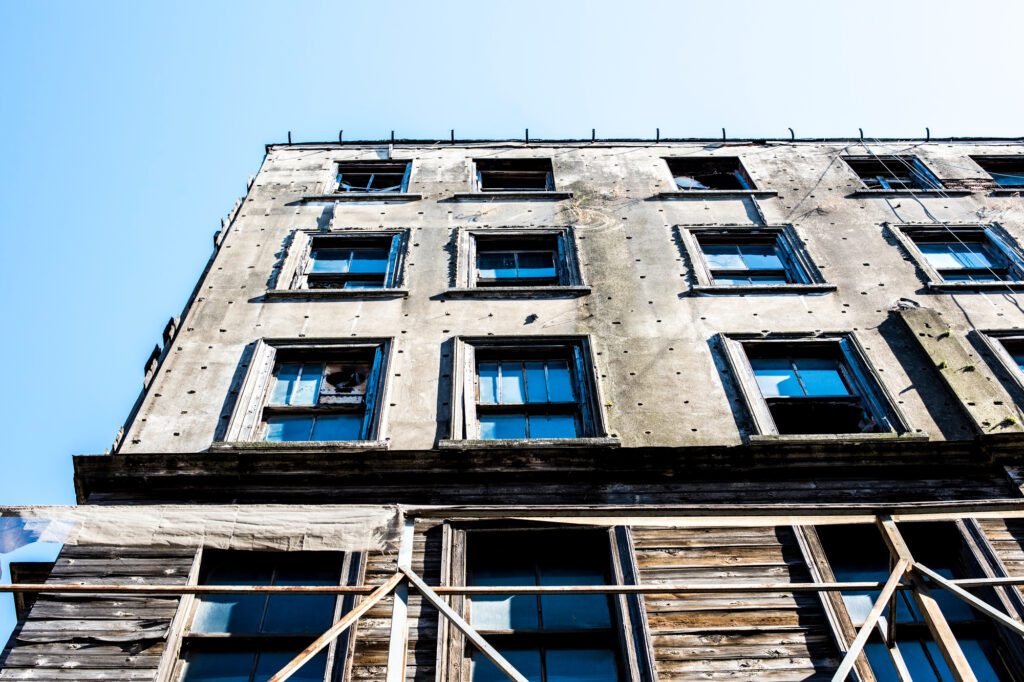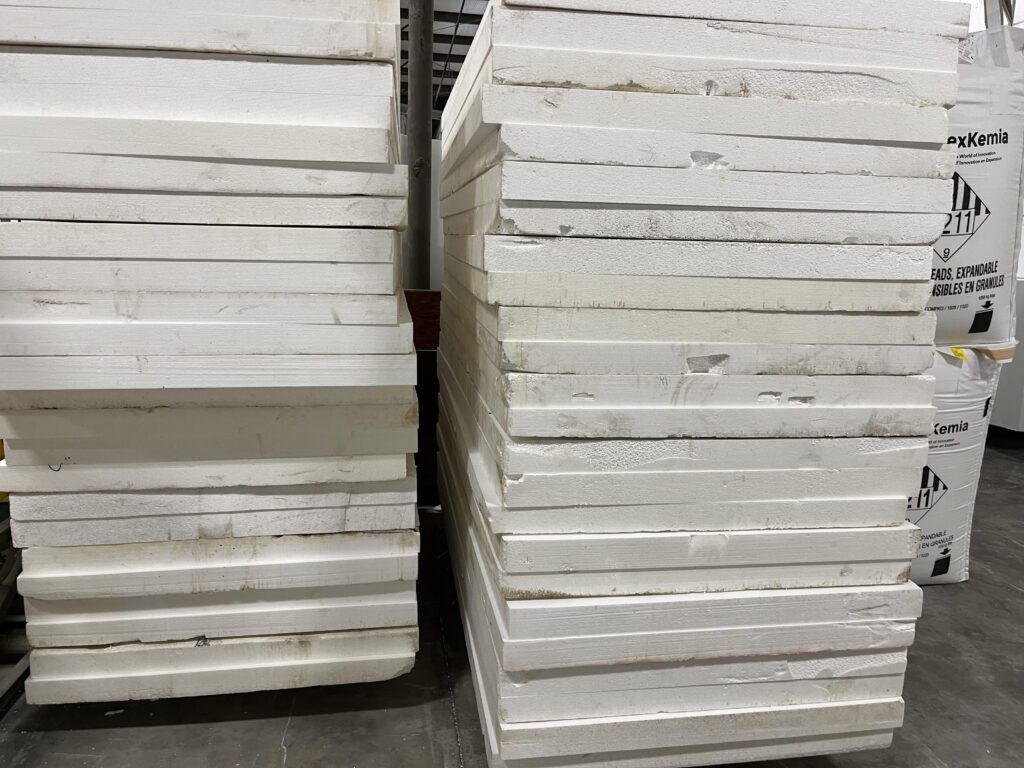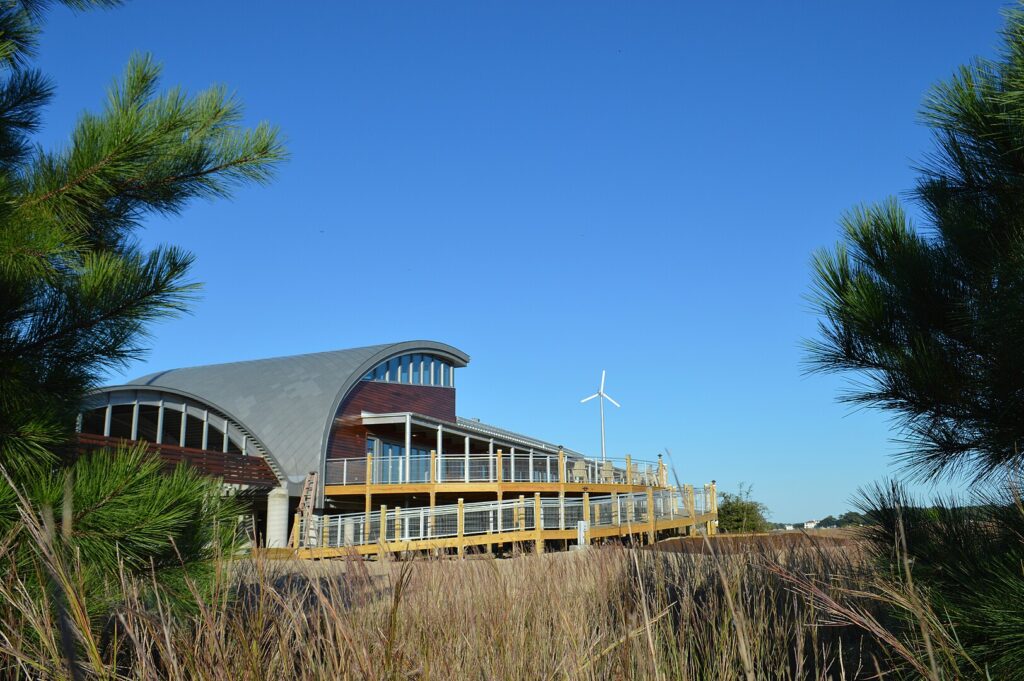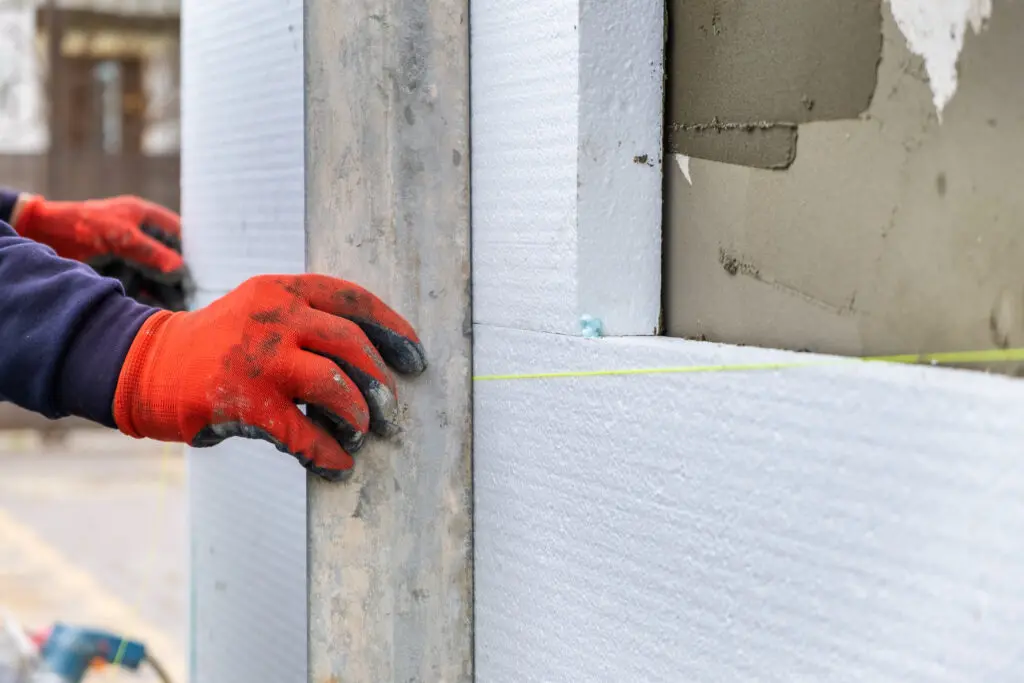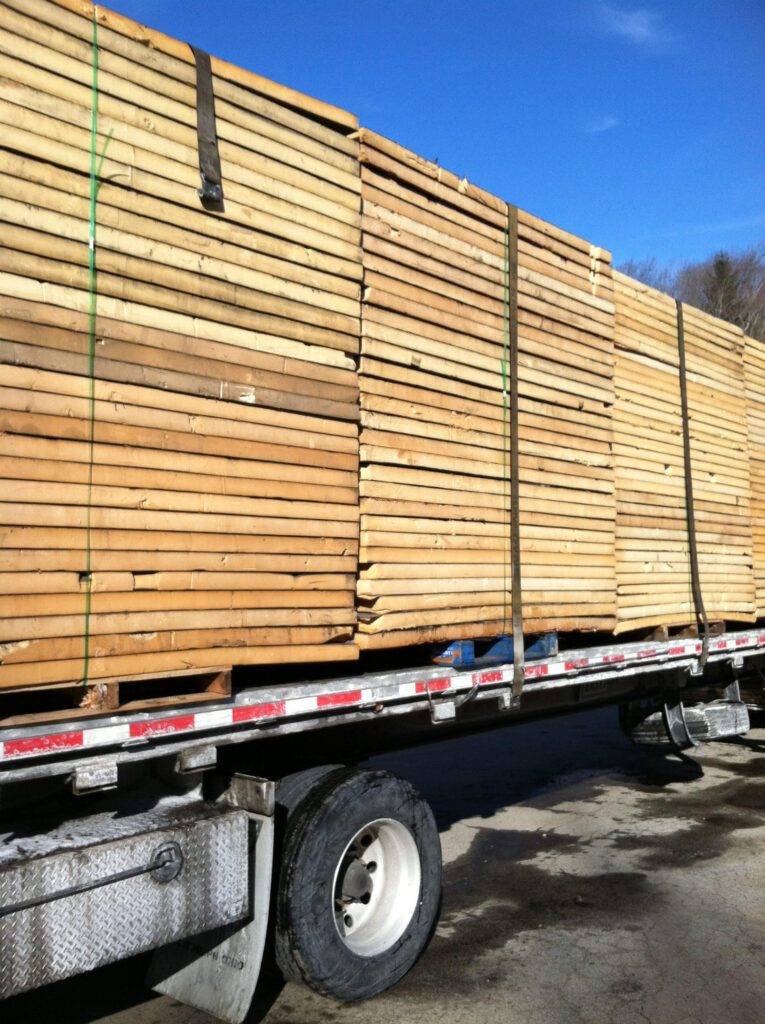Posts by Green Insulation Group
Green Building on a Budget: Massachusetts Energy Codes Meet Reclaimed Foam
Building a new home or undertaking a major renovation in Massachusetts comes with a hefty price tag, thanks in part to the rising costs of construction materials. But did you know that there’s a sustainable and cost-effective solution that can help you meet the state’s stringent energy codes without breaking the bank? Enter reclaimed foam…
Read MoreReclaimed Foam Insulation: A Cost-Effective Solution for Retrofits
Revitalizing Older Buildings: The Power of Reclaimed Foam Panel Insulation for Energy Efficiency Older buildings, while often charming and full of character, frequently suffer from energy inefficiency due to outdated construction methods and inadequate insulation. High energy bills and uncomfortable indoor temperatures are common complaints among owners of these structures. However, a sustainable and cost-effective…
Read MoreReclaimed Foam Insulation Panels: Key Questions to Identify the Best Suppliers
As sustainable building practices gain momentum, sourcing high-quality reclaimed foam insulation panels becomes increasingly important. The success of integrating these eco-friendly materials into your projects hinges on partnering with a reliable supplier. A trusted supplier ensures that the reclaimed panels meet high-performance standards and contribute to the overall sustainability goals of your construction projects. In…
Read MoreEfficient Insulation with Foam Panels: Key Applications and Green Benefits
To enhance the effectiveness of insulation in various parts of a structure, it is important to choose the right type of foam insulation panel. Here is an expanded guide on where to insulate in a structure, with specific recommendations for types of foam insulation (XPS, EPS, and Polyiso) and explanations for their suitability in each…
Read MoreThe Role of Reclaimed Insulation in Green Building Certifications
Green building certifications have become essential in promoting sustainability in construction. These certifications, such as LEED (Leadership in Energy and Environmental Design) and Green Globes, set standards for environmentally responsible and resource-efficient building practices. Among the many strategies to achieve these certifications, the use of reclaimed insulation plays a significant role. Reclaimed insulation not only…
Read MoreCase Studies of Innovative Insulation Solutions
Here are some collections of resources for building professionals, homeowners, and anyone interested in enhancing the energy performance of buildings across diverse climates. These case studies and guides dive into the practical applications of insulation, HVAC systems, indoor air quality measures, and more. Whether you’re embarking on a new construction project or seeking to retrofit…
Read MoreFoam Board Insulation for Soundproofing: Understanding How It Works
Foam board insulation is often misconstrued as a great standalone soundproofing solution. Here’s the reality: What it Does: Foam board insulation primarily functions as a thermal insulator, used to reduce heat transfer. Its impact on soundproofing is limited, with some modest acoustic benefits depending on the type of foam board. How it Helps with Sound:…
Read MoreBuilding a Circular Economy in Construction: How Insulation Recycling Contributes to a Sustainable Future
The concept of a circular economy provides a practical alternative to address the growing environmental challenges of resource depletion and landfill overcrowding. This model emphasizes the importance of keeping resources in use for as long as possible, extracting the maximum value from them while in use, and recovering and regenerating products and materials at the…
Read MoreReclaimed Insulation: Disrupting the Waste Cycle for a Greener Building Industry
Proper insulation is crucial for creating energy-efficient buildings that provide lasting comfort. It helps control temperatures, reduces energy consumption, and lowers your utility bills. Yet, there’s an often overlooked aspect within the world of insulation – the environmental impact of disposal. This blog post uncovers why reclaimed insulation could be the key to sustainable building…
Read MoreThe Cost Benefits of Insulating with Reclaimed Foam Panel Insulation
Homeowners and builders always want to maximize their investments, and improving energy efficiency is no exception. Proper insulation plays a crucial role in keeping your home comfortable and your energy bills low. Instead of opting for brand-new foam insulation, consider the significant cost advantages of reclaimed foam panel insulation. What is Reclaimed Foam Panel Insulation?…
Read More

